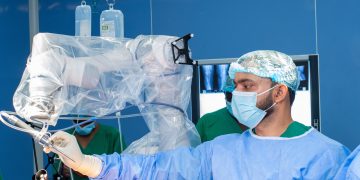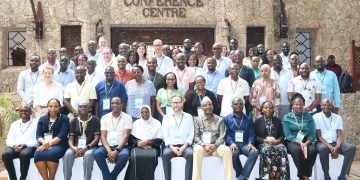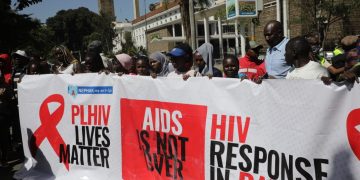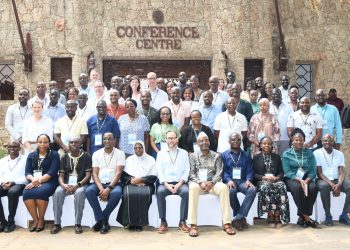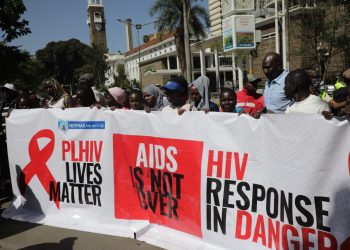The Gates Foundation has announced $2.5 billion investment in innovation aimed at transforming women’s health globally till 2030, with a strong focus on low- and middle-income countries (LMICs).
This significant commitment addresses a stark funding gap in healthcare, as a 2021 analysis by McKinsey & Company found that only one percent of healthcare research and development (R&D) is focused on female-specific conditions beyond cancer, leaving a vast number of critical health issues severely underfunded.
During a virtual press briefing, Dr. Ru Cheng, Director of Women’s Health and Innovations at the Gates Foundation, spoke to the urgency of the situation.
“I have seen firsthand what happens when there is a lack of investment in women’s health issues,” she said. “Globally, a woman dies in childbirth every two minutes; it is time to change that.”
“Investing in women’s health has a lasting impact across generations. It leads to healthier families, stronger economies, and a more just world,” said Bill Gates, chair of the Gates Foundation. “Yet women’s health continues to be ignored, underfunded, and sidelined. Too many women still die from preventable causes or live in poor health. That must change. But we can’t do it alone.”
According to Professor Moses Obimbo, an obstetrician-gynecologist and anatomy expert, women in LMICs disproportionately bear the burden of these health challenges.
“Women in low- and middle-income countries are facing a staggering crisis,” he stated. “It’s not just during adolescence; it extends all the way through motherhood to menopause. Issues like poor pregnancy outcomes, postpartum hemorrhage, and hypertension during and after pregnancy remain significant burdens.”
The foundation will channel its resources into five priority areas that are crucial for women in LMICs: obstetric care and maternal immunization, maternal health and nutrition, gynecological and menstrual health, contraceptive innovation, and sexually transmitted infections (STIs).
Professor Obimbo emphasized that community engagement will be central to the research and development process. “Community co-creation will be an important part of this journey,” he said. “If you are developing a gynecological tool, you can’t do that in a lab without involving women.”
The Gates Foundation hopes this funding will close long-standing gaps in women’s health research, ignite a wave of innovation, and ensure that life-saving solutions reach the women who need them most.
Dr. Anita Zaidi, President of the Gates Foundation’s Gender Equality Division, added, “For too long, women have suffered from health conditions that are misunderstood, misdiagnosed, or ignored. We want this investment to spark a new era of women-centered innovation—one where women’s lives, bodies, and voices are prioritized in health R&D.”


